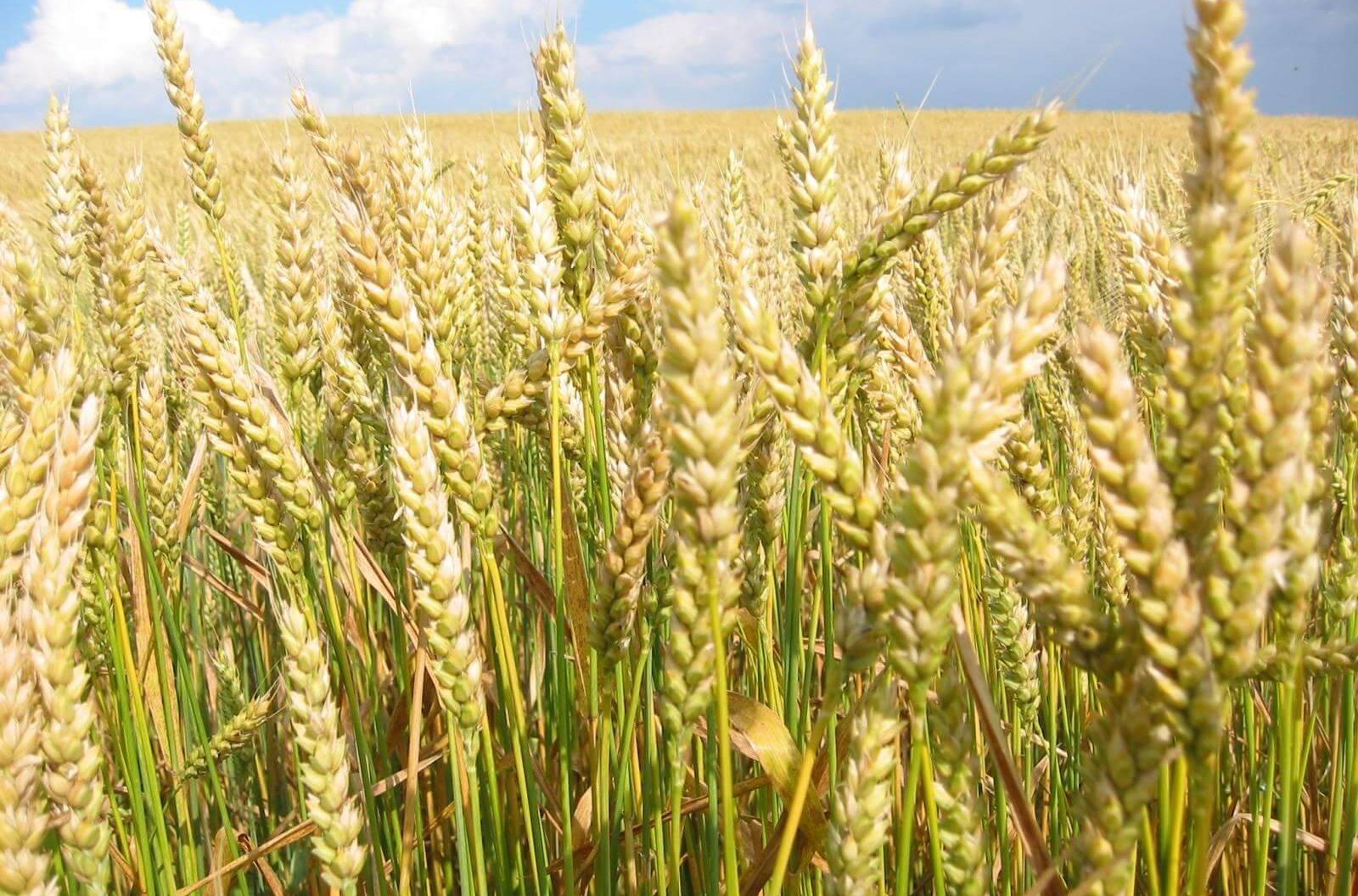Cultivated wheat area in Syria falls 13% in 2024–2025 season

Syria’s wheat production declined in the 2024–2025 agricultural season as cultivated land shrank by nearly 13% compared to last year, a Syrian official revealed on Tuesday.
The Director of Agricultural Economy and Planning at the Ministry of Agriculture, Saeed Ibrahim, told Shafaq News that the cultivated wheat fields dropped to about 1.1 million hectares this season, down from 1.27 million last year. Estimated production stood at only 922,000 tons compared with 2.4 million tons in 2023–2024.
Ibrahim attributed the decline to weak and delayed rainfall that left most rain-fed lands unproductive, compounded by high input costs, suspended loans, damaged irrigation, and power shortages. He also noted that many farmers turned to alternative crops, while shrinking land holdings, weak mechanization, and costly well repairs further deepened the crisis.
He explained that the ministry is mobilizing financial resources from partners and international organizations after assessing the conditions of the hardest-hit farmers. The aim is to provide essential inputs such as seeds, fertilizers, and fuel, while supporting programs to bolster farmers’ resilience and sustain production.
The ministry also faces a lack of reliable data, as information is not being provided by the General Authority for Land and Sea Ports. Ibrahim pointed out that Syria once produced between 3 and 4 million tons of wheat and exported surpluses, but average production today does not exceed 1.3 million tons, making exports almost nonexistent compared with pre-2011 levels.
On the role of the Food and Agriculture Organization (FAO), Ibrahim highlighted that since opening its Damascus office in 1978, the agency has provided technical support to Syria’s agriculture and water ministries, focusing on boosting crop, fishery, and forestry production, promoting sustainable resource management, and strengthening rural resilience. The FAO is currently implementing several projects, including the second phase of the Local Resilience Building Program.
According to Ibrahim, these initiatives include conditional financial support for farmers, training in smart agriculture across several provinces, combating foot-and-mouth disease to prevent regional spread, supporting animal health through feed distribution, and a vaccination campaign against lumpy skin disease targeting about 320,000 cattle.
For almost 30 years of expertise in the agri markets, UkrAgroConsult has accumulated an extensive database, which became the basis of the platform AgriSupp.
It is a multi-functional online platform with market intelligence for grains and oilseeds that enables to get access to daily operational information on the Black Sea & Danube markets, analytical reports, historical data.
You are welcome to get a 7-day free demo access!!!
Read also
Turkish Ports Added to UkrAgroConsult LineUp Reports
India extends wheat stock limits to ensure food security
Jordan issues tender to purchase up to 120 thsd tons of wheat
Large wheat remnants from the old harvest limit the potential for price growth
Indonesia seeks greater influence on global palm oil prices through biofuel expansion
Write to us
Our manager will contact you soon



